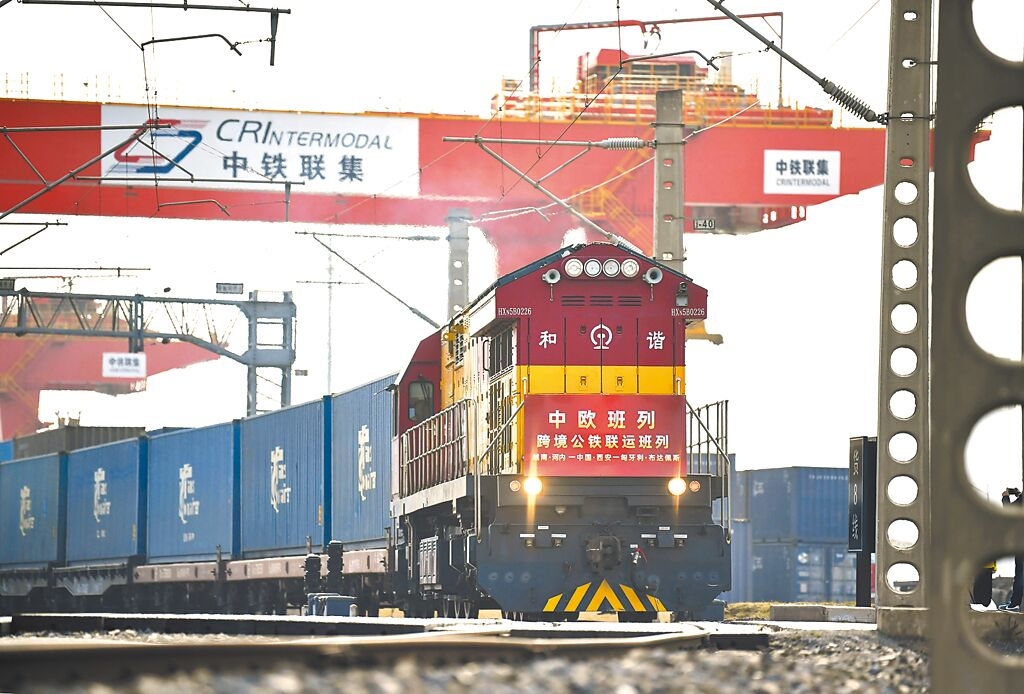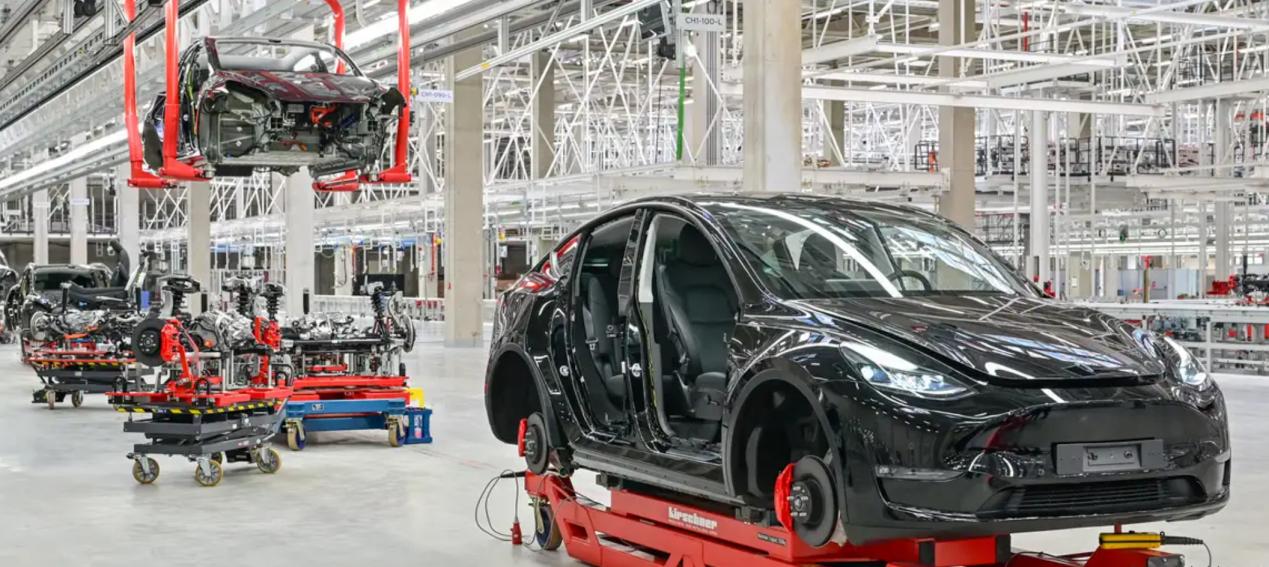
According to foreign media reports recently, the Houthi armed forces used missiles to attack a cargo ship that was traveling in the Gulf of Aden "True Confidence", killing at least two people. The attack was the first casualty since the Houthis attacked a Western cargo ship. Some analysts pointed out that with the first casualties, the Red Sea crisis will further escalate the risk.
Since last November, Houthi forces in Yemen have repeatedly attacked Israeli ships in the Red Sea in solidarity with the Palestinians. To this end, many shipping companies such as Maersk have chosen to suspend the Red Sea in order to avoid risks, or choose to detour to the farther Cape of Good Hope in Africa. This helpless measure has greatly increased the time and cost of the voyage, which is undoubtedly a huge challenge for international trade that relies on sea transport. In this context, as an important part of the "Belt and Road" Initiative, the China-Europe Express has gradually shown its important role in the field of international logistics.
According to data from European logistics and rail operators, there has been a surge in demand to transport goods by rail across Eurasia since the Red Sea crisis. From the statistical point of view, the freight demand of the Central Europe freight train has risen by 100%, as of February this year, the Central Europe freight train has opened a total of 2,928 lines, sending 317,000 standard containers of goods, an annual increase of 9% and 10%.
As the Israeli-Palestinian conflict continues to spread, shipping in the Red Sea, a vital sea passage connecting Asia and Europe, has been severely disrupted, with an impact on global supply chains that cannot be ignored. When shipping through the Red Sea is blocked, the cost of transporting goods rises and transit times lengthen, which forces many countries and businesses to look for alternative logistics and transportation solutions. So why has the China-Europe Express become a "new lifeline" for trade between Asia and Europe? The author's analysis mainly has the following reasons:
Reduce logistics costs: The China-Europe train is transported by rail, which has higher efficiency and lower logistics costs than sea and air freight. This has allowed European countries to obtain Chinese goods and services at lower prices, thus boosting trade flows.
Improve logistics speed: China-Europe freight trains use standardized cargo such as containers to reach their destinations by rail, reducing transit time and costs. This efficient logistics method greatly shortens the transportation time of goods and improves the efficiency of trade.
Expanding market space: The China-Europe freight train brings China's rich resources and products to the European market, meeting the demand of the European market, and also providing more opportunities for Chinese enterprises to explore overseas markets.
Strengthening regional cooperation: The China-Europe Express has promoted the economic cooperation and development of the countries along the route, and promoted the stability and optimization of the global supply chain.
Serving the real economy: The China-Europe Express mainly serves the real economy, providing raw materials, equipment, spare parts and other support for manufacturing and service industries. These services not only reduce the logistics cost of enterprises, but also improve the production efficiency and market competitiveness of enterprises.
In general, in the face of the challenges of the Red Sea crisis, China-Europe freight trains, with their unique advantages, are gradually becoming an important logistics channel connecting the Eurasian continent. In the future, with the deepening of the Belt and Road Initiative, China-Europe freight trains are expected to play a more important role in global trade and make greater contributions to the stability and development of the global supply chain.

The global electric vehicle market in 2025 is experiencing intense turbulence. Tesla, once a disruptor that reshaped the industry landscape, is now mired in an unprecedented sales crisis.
The global electric vehicle market in 2025 is experiencing …
Recently, Chinese telecom companies Huawei and ZTE signed a…
Recently, according to Xinhua News Agency, Israel's air str…
A strongly worded report from the Equality Trust argues tha…
On November 27, 2025, Alibaba officially entered the global…
The focus of the global financial market in 2025 has always…